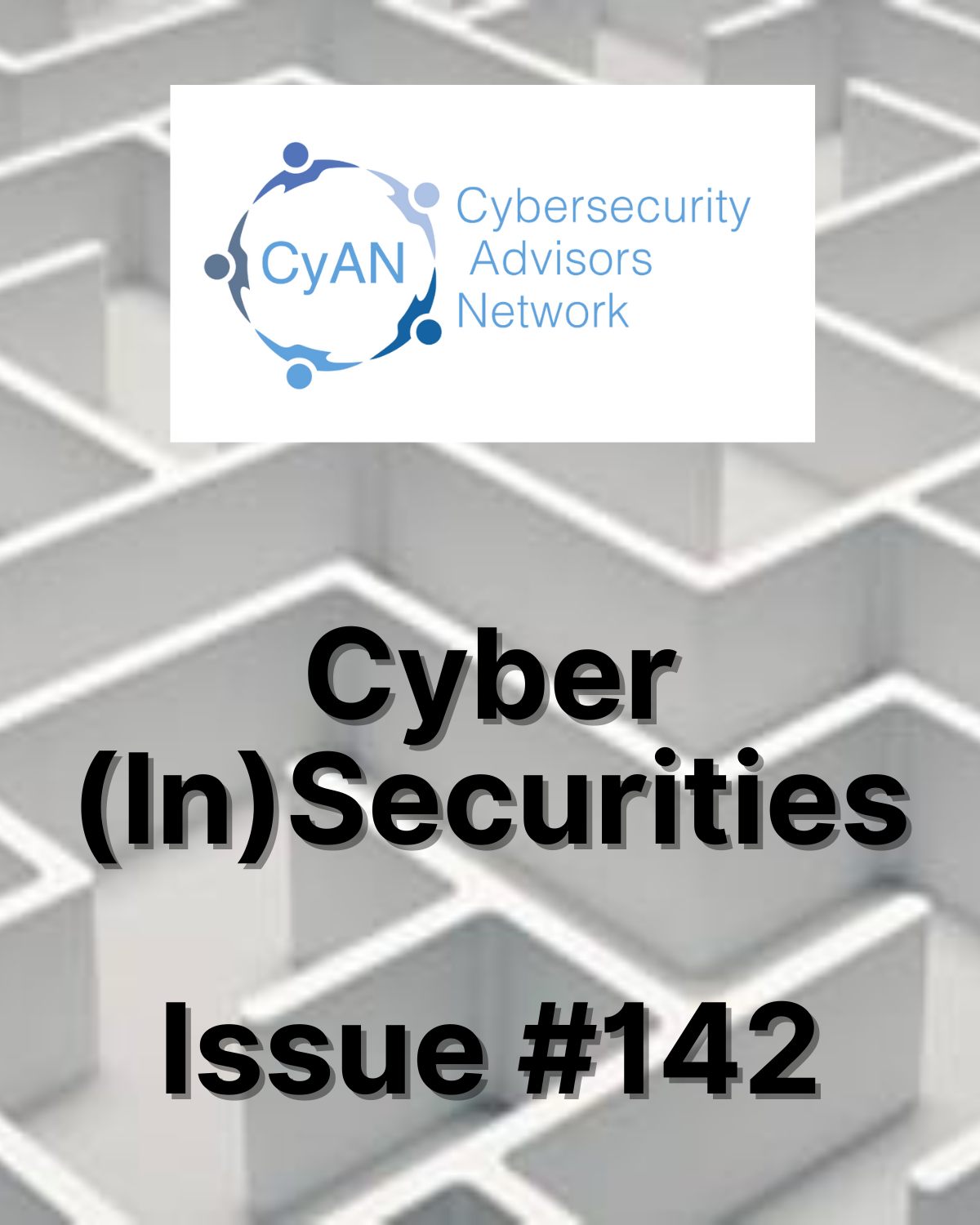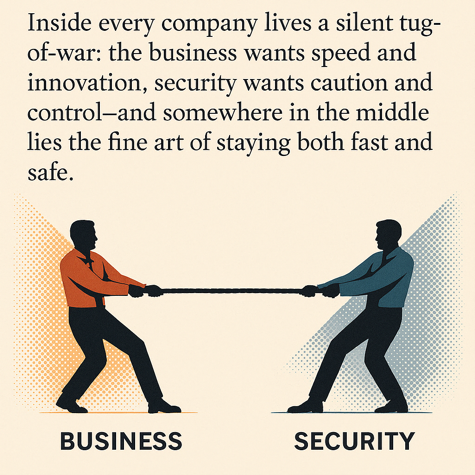The cybersecurity world runs on shared language.
We don’t often talk about it in those terms—but that’s exactly what the CVE (Common Vulnerabilities and Exposures) system is. A global taxonomy of flaws. A universal index of weakness. The quiet backbone that lets defenders coordinate responses in a coherent, time-sensitive, and standardised way.
This week, we almost lost it.
MITRE, the U.S. non-profit that has maintained the CVE database for the past 25 years, issued a warning: without urgent financial support, the program might have to shut down. For a moment, it looked like a cornerstone of global cyber defence could vanish not due to compromise, but because the funding simply… ran out.
In breaking news, that immediate crisis has been averted. MITRE’s contract has been extended by CISA (the US Cybersecurity and Infrastructure Security Agency)—giving the CVE program a last-minute reprieve.
But let’s be very clear: contract extended or not, if the stability of cybersecurity is dependent upon a single point of failure like the CVE program, then we were doing something wrong all along.
This isn’t just a funding story. It’s a governance failure. And a warning.
What Exactly Is the CVE System?
Think of CVEs like ISBN numbers for cybersecurity. Each known vulnerability gets a unique ID, a descriptor, and references to public advisories. This makes it possible for security vendors, IT teams, researchers, and regulators across the globe to talk about the same issue using the same label.
Without it, we’d see:
- Mismatched alerts and miscommunication
- Slower incident response and triage
- Broken tooling and disrupted automation
- Loss of clarity about severity and urgency
- And worst of all—attackers gaining time
It’s one of the few places where the global cyber ecosystem has reached consensus.
And unlike, say, the metric system or date formatting conventions—which still spark furious debate—this agreed shared language is not just helpful, it’s vital.
Because ultimately, this isn’t about playing antics with semantics. It’s about enabling defenders to move fast, speak clearly, and act decisively—before the attackers do.
The CVE system underpins millions of software and hardware interactions. It’s built into everything from vulnerability scanners and SIEM tools, to third-party risk assessments and government guidance.
So when that structure comes under threat—even temporarily—the ripple effect is massive.
A Global Risk, Not Just a U.S. One
Yes, the CVE program is managed by a U.S. organisation, and yes, it’s historically funded through U.S. government contracts. But its reach is global. Cyber agencies across Australia, the EU, Singapore, Canada, the UK, and beyond rely on CVE-tagged data. Threat intelligence feeds are stitched together with CVEs as the reference point. Vulnerability disclosure laws, public alerts, and national security advisories depend on them.
It’s one of the rare areas where governments, private sector actors, and researchers use the same dictionary. If it vanishes, we don’t just lose convenience—we lose coordination. And in cyber, that costs time. And time costs everything.
Who’s Meant to Be Funding This?
The private sector benefits enormously from the CVE system. Many vendors submit vulnerabilities for cataloguing. Yet few have contributed meaningfully to its upkeep.
Governments reference it in policies and standards, but the funding model remains opaque, fragile, and U.S.-centric. What this moment exposed is a critical gap in global cyber infrastructure planning: we’ve built the digital equivalent of a universal translator—and expected someone else to maintain it.
There’s a real opportunity here to rethink that. Whether it’s through an international funding consortium, a public-private stewardship model, or formal multilateral support, we need to treat the CVE program like the critical infrastructure it is—not an afterthought.
What Happens Next Time?
Make no mistake: unless the underlying governance and funding structures change, there will be a next time.
If the CVE system shuts down or is significantly degraded, we can expect:
- Tooling to break: Most cybersecurity platforms—from scanners to dashboards—rely on CVEs as reference points. Remove them, and accuracy drops off a cliff.
- Delays in patching: Without standardised identifiers, software vendors and defenders may talk past one another, leading to slower mitigation.
- Policy vacuums: Government-backed guidance, like CISA’s Known Exploited Vulnerabilities (KEV) catalogue or Australia’s ASD strategies, are all CVE-based. They would stall without it.
- More risk for SMEs: Large organisations might scramble together alternatives. Smaller businesses and resource-constrained teams won’t.
We Can’t Keep Building Fragile Foundations
This isn’t just about one program or one week of funding uncertainty. It’s about resilience.
We can’t claim to be building trusted systems on a global scale while relying on legacy contracts, underfunded nonprofits, and hope.
Cybersecurity isn’t just about stopping breaches. It’s about building structures that can hold when the unexpected happens. And if something as essential as the CVE program can be taken to the brink so easily, we have to ask ourselves: what else have we built on sand?
We dodged a bullet this time; but maybe it’s time we stopped handing out ammunition in the first place.
Thanks for reading. If you’re in business, policy, or cyber, let this moment be your reminder: foundational systems matter. They don’t need bells and whistles—they need stability. And sometimes, the most important things are the ones quietly holding everything else together.











